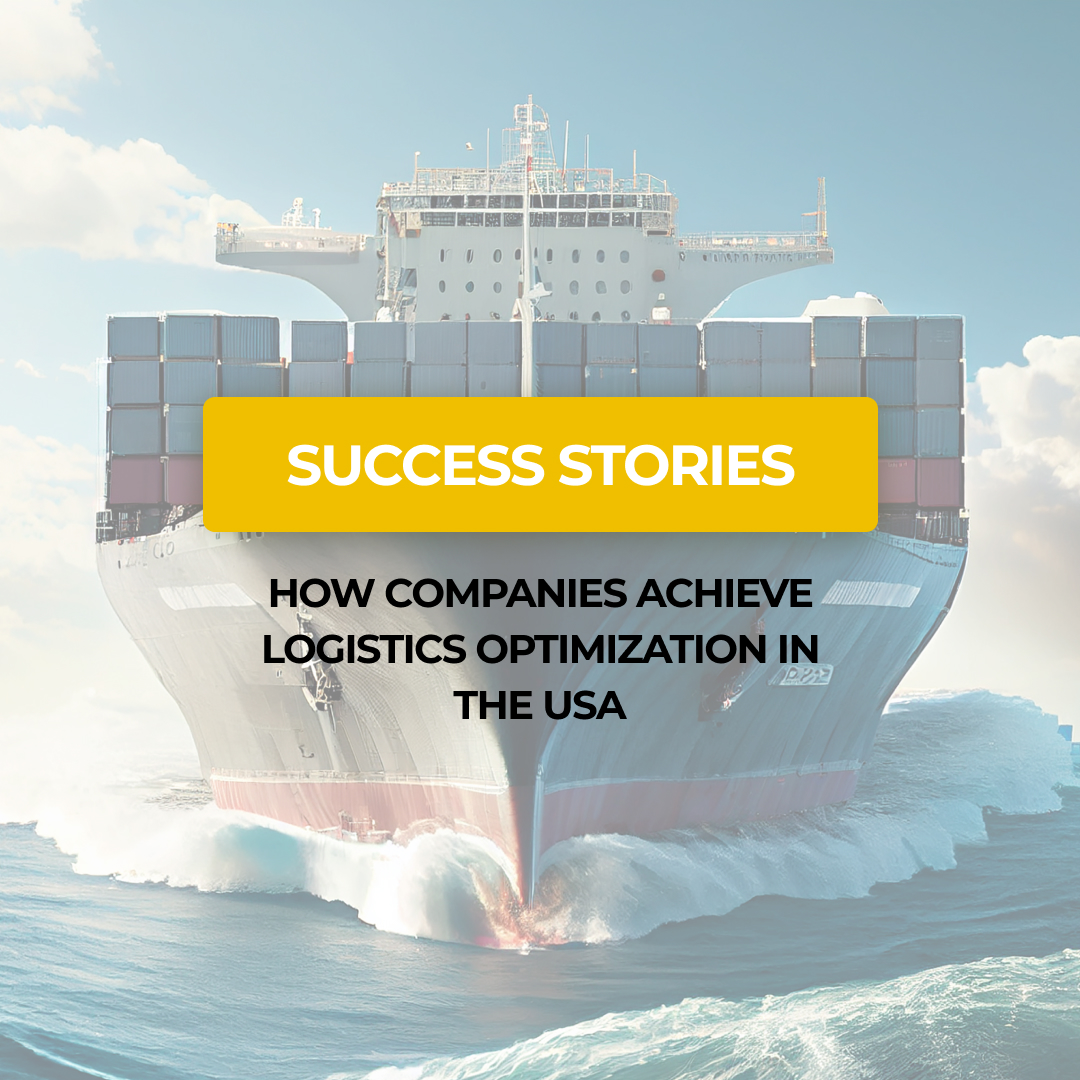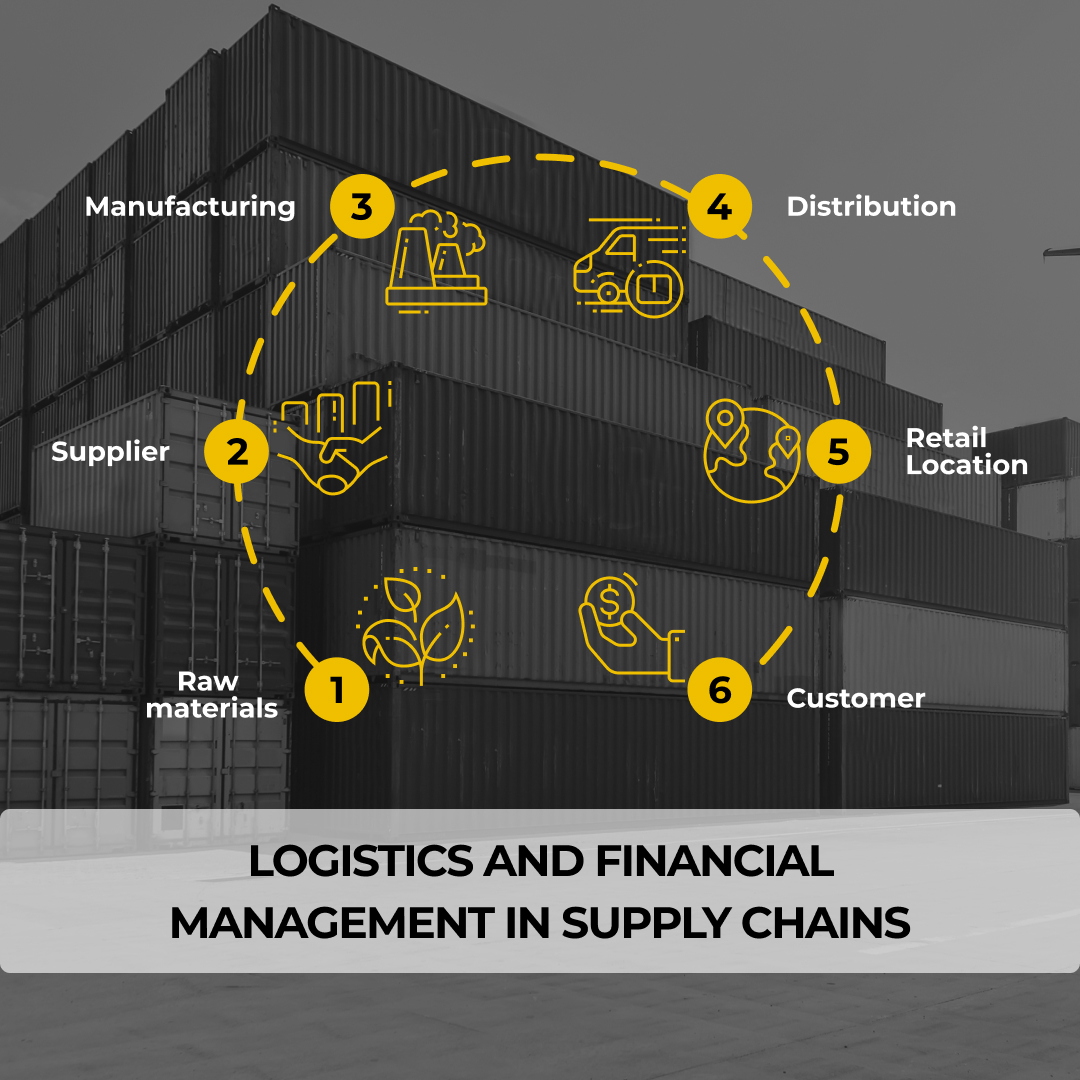In the fast-paced world of logistics and freight transportation in the United States, achieving optimization is the key to staying…

Success Stories: How Companies Achieve Logistics Optimization in the USA
In the fast-paced world of logistics and freight transportation in the United States, achieving optimization is the key to staying competitive. Companies that manage to streamline their logistics processes not only enhance their operational efficiency but also reduce costs and improve customer satisfaction. In this article, we’ll explore some success stories of companies that have mastered the art of logistics optimization in the USA.
Amazon: It’s impossible to discuss logistics optimization without mentioning Amazon. The e-commerce giant has revolutionized the way goods are shipped and delivered. Through innovations like Amazon Prime, the company has set a new standard for fast and reliable shipping. Amazon’s vast network of fulfillment centers strategically located across the country ensures that products reach customers with remarkable speed. Their relentless pursuit of technology-driven logistics solutions, like drone deliveries and autonomous vehicles, continues to reshape the industry.
FedEx: FedEx is another prime example of a company that has excelled in optimizing logistics. The FedEx “SuperHub” in Memphis, Tennessee, is one of the largest and most advanced sorting facilities globally, handling millions of packages daily. The company’s commitment to investing in cutting-edge technology and efficient route planning software has allowed them to offer reliable express delivery services.
Walmart: Walmart, a retail giant, has made significant strides in logistics optimization by focusing on its supply chain. Through their innovative cross-docking system, products are transferred directly from suppliers to trucks, reducing the need for storage space and speeding up the distribution process. Their use of data analytics helps predict demand and manage inventory efficiently, ensuring that products are in stock when and where customers need them.
UPS: United Parcel Service (UPS) leverages technology and data analytics to optimize their logistics operations. Their “rolling laboratory” approach, where they test and deploy new delivery technologies like electric vehicles and alternative fuels, reduces their environmental footprint while improving efficiency. UPS My Choice, a service that allows customers to customize their delivery options, adds to their customer-centric approach.
XPO Logistics: XPO Logistics is known for its dedication to cutting-edge technology. They use artificial intelligence and machine learning to enhance route optimization, warehouse management, and demand forecasting. Their focus on real-time tracking and visibility allows customers to monitor their shipments and make informed decisions.
DHL Supply Chain: DHL Supply Chain is renowned for its commitment to sustainability in logistics. They optimize transportation routes, minimize waste, and use renewable energy sources wherever possible. Their Resilience360 platform provides real-time risk management, helping businesses anticipate and respond to supply chain disruptions.
These success stories illustrate that there is no one-size-fits-all approach to logistics optimization. Instead, companies achieve success by embracing technology, data analytics, and innovative solutions tailored to their specific needs. In a rapidly evolving industry, staying ahead of the curve requires a dedication to continuous improvement and a willingness to adapt to new challenges and opportunities.
In conclusion, logistics optimization is the lifeblood of successful companies in the USA. Whether through efficient distribution networks, cutting-edge technology, data-driven decision-making, or a commitment to sustainability, these companies have demonstrated that optimizing logistics is not just about delivering goods; it’s about delivering results.
Our latest posts
Our latest posts

Success Stories: How Companies Achieve Logistics Optimization in the USA

Logistics and Financial Management in Supply Chains
Effective supply chain management is essential for the success of any business. It involves the efficient flow of goods and…

Supporting the Personal and Professional Growth of Expeditors through Continuous Learning and Skill Development
In the modern world of logistics and transportation, expeditors play a pivotal role in ensuring the efficient delivery of goods…















